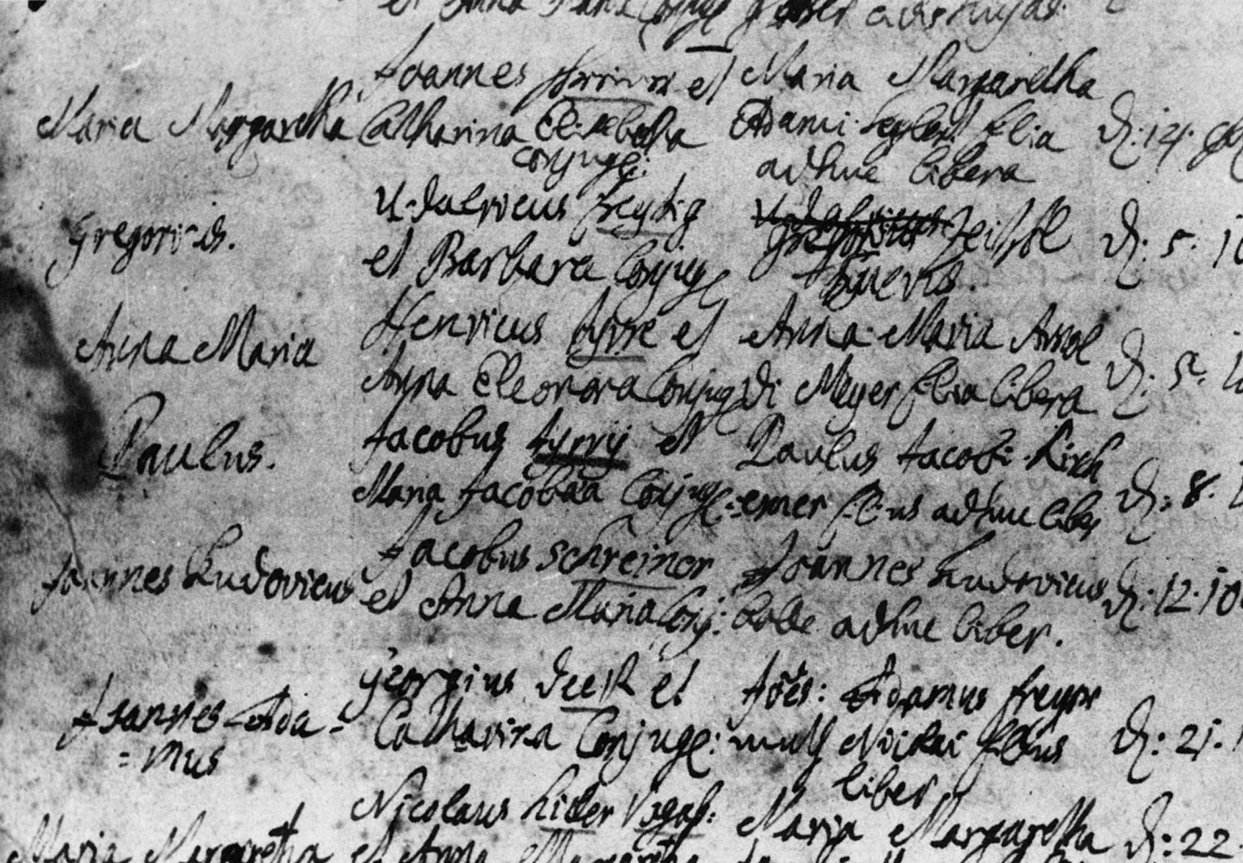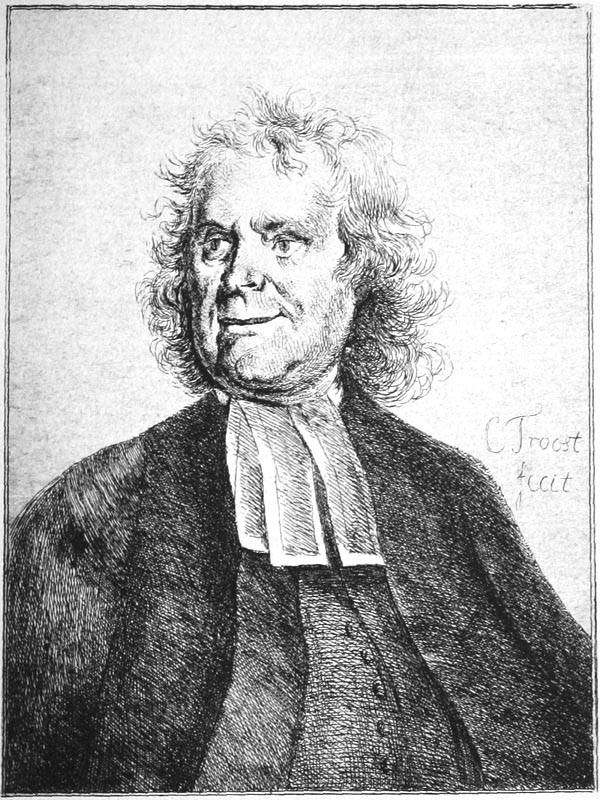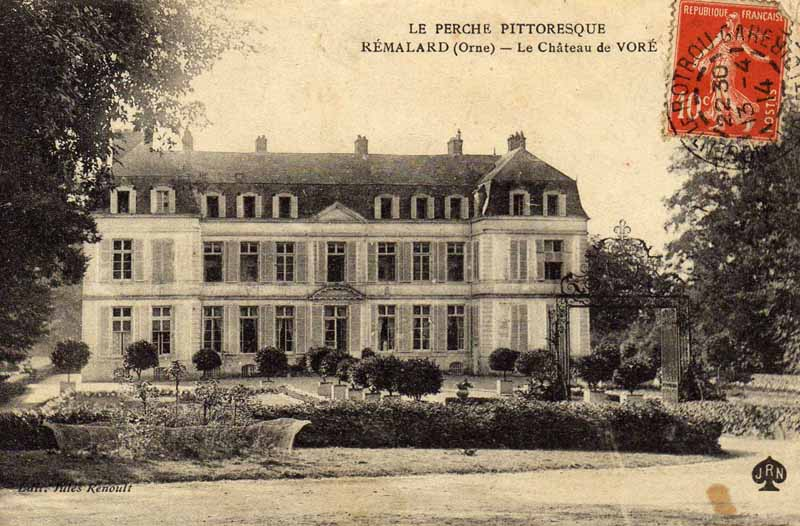|
French Materialism
French materialism is the name given to a handful of French 18th-century philosophers during the Age of Enlightenment, many of them clustered around the salon of Baron d'Holbach. Although there are important differences between them, all of them were materialists who believed that the world was made up of a single substance, matter, the motions and properties of which could be used to explain all phenomena. Prominent French materialists of the 18th century include: * Julien Offray de La Mettrie * Denis Diderot * Baron d'Holbach * Claude Adrien Helvétius * Pierre Jean Georges Cabanis * Jacques-André Naigeon See also * German materialism * Mechanism (philosophy) * Metaphysical naturalism External links * Marx's essay on French Materialism on WikiSource Wikisource is an online digital library of free-content textual sources on a wiki, operated by the Wikimedia Foundation. Wikisource is the name of the project as a whole and the name for each instance of that project (eac ... [...More Info...] [...Related Items...] OR: [Wikipedia] [Google] [Baidu] |
France
France (), officially the French Republic ( ), is a country primarily located in Western Europe. It also comprises of Overseas France, overseas regions and territories in the Americas and the Atlantic Ocean, Atlantic, Pacific Ocean, Pacific and Indian Oceans. Its Metropolitan France, metropolitan area extends from the Rhine to the Atlantic Ocean and from the Mediterranean Sea to the English Channel and the North Sea; overseas territories include French Guiana in South America, Saint Pierre and Miquelon in the North Atlantic, the French West Indies, and many islands in Oceania and the Indian Ocean. Due to its several coastal territories, France has the largest exclusive economic zone in the world. France borders Belgium, Luxembourg, Germany, Switzerland, Monaco, Italy, Andorra, and Spain in continental Europe, as well as the Kingdom of the Netherlands, Netherlands, Suriname, and Brazil in the Americas via its overseas territories in French Guiana and Saint Martin (island), ... [...More Info...] [...Related Items...] OR: [Wikipedia] [Google] [Baidu] |
Age Of Enlightenment
The Age of Enlightenment or the Enlightenment; german: Aufklärung, "Enlightenment"; it, L'Illuminismo, "Enlightenment"; pl, Oświecenie, "Enlightenment"; pt, Iluminismo, "Enlightenment"; es, La Ilustración, "Enlightenment" was an intellectual and philosophical movement that dominated Europe in the 17th and 18th centuries with global influences and effects. The Enlightenment included a range of ideas centered on the value of human happiness, the pursuit of knowledge obtained by means of reason and the evidence of the senses, and ideals such as liberty, progress, toleration, fraternity, and constitutional government. The Enlightenment was preceded by the Scientific Revolution and the work of Francis Bacon, John Locke, and others. Some date the beginning of the Enlightenment to the publication of René Descartes' ''Discourse on the Method'' in 1637, featuring his famous dictum, ''Cogito, ergo sum'' ("I think, therefore I am"). Others cite the publication of Isaac Newto ... [...More Info...] [...Related Items...] OR: [Wikipedia] [Google] [Baidu] |
Salon (gathering)
A salon is a gathering of people held by an inspiring host. During the gathering they amuse one another and increase their knowledge through conversation. These gatherings often consciously followed Horace's definition of the aims of poetry, "either to please or to educate" (Latin: ''aut delectare aut prodesse''). Salons in the tradition of the French literary and philosophical movements of the 17th and 18th centuries were carried on until as recently as the 1920s in urban settings. Historical background The salon was an Italian invention of the 16th century, which flourished in France throughout the 17th and 18th centuries. The salon continued to flourish in Italy throughout the 19th century. In 16th-century Italy, some brilliant circles formed in the smaller courts which resembled salons, often galvanized by the presence of a beautiful and educated patroness such as Berta Zuckerkandl, Isabella d'Este or Elisabetta Gonzaga. Salons were an important place for the exchange of i ... [...More Info...] [...Related Items...] OR: [Wikipedia] [Google] [Baidu] |
Baron D'Holbach
Paul-Henri Thiry, Baron d'Holbach (; 8 December 1723 – 21 January 1789), was a French-German philosopher, encyclopedist, writer, and prominent figure in the French Enlightenment. He was born Paul Heinrich Dietrich in Edesheim, near Landau in the Rhenish Palatinate, but lived and worked mainly in Paris, where he kept a ''salon''. He helped in the dissemination of "Protestant and especially German thought", particularly in the field of the sciences, but was best known for his atheism and for his voluminous writings against religion, the most famous of them being ''The System of Nature'' (1770) and '' The Universal Morality'' (1776). Biography Sources differ regarding d'Holbach's dates of birth and death. His exact birthday is unknown, although records show that he was baptised on 8 December 1723. Some authorities incorrectly give June 1789 as the month of his death. D'Holbach's mother, Catherine Jacobina (''née'' Holbach; 1684–1743), was the daughter of Johannes Jacob ... [...More Info...] [...Related Items...] OR: [Wikipedia] [Google] [Baidu] |
Materialism
Materialism is a form of philosophical monism which holds matter to be the fundamental substance in nature, and all things, including mental states and consciousness, are results of material interactions. According to philosophical materialism, mind and consciousness are by-products or epiphenomena of material processes (such as the biochemistry of the human brain and nervous system), without which they cannot exist. This concept directly contrasts with idealism, where mind and consciousness are first-order realities to which matter is dependent while material interactions are secondary. Materialism is closely related to physicalism—the view that all that exists is ultimately physical. Philosophical physicalism has evolved from materialism with the theories of the physical sciences to incorporate more sophisticated notions of physicality than mere ordinary matter (e.g. spacetime, physical energies and forces, and dark matter). Thus, the term ''physicalism'' is preferred ... [...More Info...] [...Related Items...] OR: [Wikipedia] [Google] [Baidu] |
Julien Offray De La Mettrie
Julien Offray de La Mettrie (; November 23, 1709 – November 11, 1751) was a French physician and philosopher, and one of the earliest of the French materialists of the Enlightenment. He is best known for his 1747 work '' L'homme machine'' (''Man a Machine''). La Mettrie is most remembered for taking the position that humans are complex animals and no more have souls than other animals do. He considered that the mind is part of the body and that life should be lived so as to produce pleasure ( hedonism). His views were so controversial that he had to flee France and settle in Berlin. Early life La Mettrie was born at Saint-Malo in Brittany on November 23, 1709, and was the son of a prosperous textile merchant. His initial schooling took place in the colleges of Coutances and Caen. After attending the Collège du Plessis in Paris, he seemed to have acquired a vocational interest in becoming a clergyman, but after studying theology in the Jansenist schools for some years, his ... [...More Info...] [...Related Items...] OR: [Wikipedia] [Google] [Baidu] |
Denis Diderot
Denis Diderot (; ; 5 October 171331 July 1784) was a French philosopher, art critic, and writer, best known for serving as co-founder, chief editor, and contributor to the ''Encyclopédie'' along with Jean le Rond d'Alembert. He was a prominent figure during the Age of Enlightenment. Diderot initially studied philosophy at a Jesuit college, then considered working in the church clergy before briefly studying law. When he decided to become a writer in 1734, his father disowned him. He lived a bohemian existence for the next decade. In the 1740s he wrote many of his best-known works in both fiction and non-fiction, including the 1748 novel ''The Indiscreet Jewels''. In 1751, Diderot co-created the ''Encyclopédie'' with Jean le Rond d'Alembert. It was the first encyclopedia to include contributions from many named contributors and the first to describe the mechanical arts. Its secular tone, which included articles skeptical about Biblical miracles, angered both religious and ... [...More Info...] [...Related Items...] OR: [Wikipedia] [Google] [Baidu] |
Claude Adrien Helvétius
Claude Adrien Helvétius (; ; 26 January 1715 – 26 December 1771) was a French philosopher, freemason and '' littérateur''. Life Claude Adrien Helvétius was born in Paris, France, and was descended from a family of physicians, originally surnamed ''Schweitzer'' (meaning " Swiss" in German; Latinized as '' Helvétius''). His great-grandfather Johann Friedrich Schweitzer known as "Helvetius", was an Dutch physician and alchemist, of German extraction. His grandfather Adriaan Helvetius introduced the use of ipecacuanha; his father Jean Claude Adrien Helvétius was first physician to Marie Leszczyńska, queen of France. Claude Adrien was trained for a financial career, apprenticed to his maternal uncle in Caen,''Helvetius: A Study in Persecution'' by David Warner Smith, Clarendon Press Oxford, 1965. but he occupied his spare time with poetry. Aged twenty-three, at the queen's request, he was appointed as a farmer-general, a tax-collecting post worth 100,000 crowns a year. Th ... [...More Info...] [...Related Items...] OR: [Wikipedia] [Google] [Baidu] |
Pierre Jean Georges Cabanis
Pierre Jean Georges Cabanis (; 5 June 1757 – 5 May 1808) was a French physiologist, freemason and materialist philosopher. Life Cabanis was born at Cosnac (Corrèze), the son of Jean Baptiste Cabanis (1723–1786), a lawyer and agronomist. At the age of ten, he attended the college of Brives, where he showed great aptitude for study, but his independence of spirit was so great that he was almost constantly in a state of rebellion against his teachers and was finally expelled. He was then taken to Paris by his father and left to carry on his studies at his own discretion for two years. From 1773 to 1775 he travelled in Poland and Germany, and on his return to Paris he devoted himself mainly to poetry. About this time he sent to the Académie française a translation of the passage from Homer proposed for their prize, and, though he did not win, he received so much encouragement from his friends that he contemplated translating the whole of the Iliad. At his father's wish, he ... [...More Info...] [...Related Items...] OR: [Wikipedia] [Google] [Baidu] |
Jacques-André Naigeon
Jacques-André Naigeon (15 July 1738, Paris – 28 February 1810, Paris) was a French artist, atheist– materialist philosopher, editor and man of letters best known for his contributions to the ''Encyclopédie'' and for reworking Baron d'Holbach's and Diderot's manuscripts. Biography After trying his hand at painting and sculpture, Naigeon became a friend and associate of Denis Diderot, whom he helped to work on the ''Encyclopédie''. He soon became involved with the '' Coterie Holbachique'', a group of radical French Enlightenment thinkers centered on the Paris salon of Baron d'Holbach. Naigeon quickly adopted the Baron's atheist principles and collaborated with him on his works, overseeing their clandestine printing in Amsterdam and editing d'Holbach's ''Morale Universelle'' and his ''Essai sur les préjugés''. Priding himself on a thorough knowledge of the classics, Naigeon would also edit a French translation of the works of Seneca begun by Nicolas La Grange, publi ... [...More Info...] [...Related Items...] OR: [Wikipedia] [Google] [Baidu] |
German Materialism
Materialism is a form of philosophical monism which holds matter to be the fundamental substance in nature, and all things, including mental states and consciousness, are results of material interactions. According to philosophical materialism, mind and consciousness are by-products or epiphenomena of material processes (such as the biochemistry of the human brain and nervous system), without which they cannot exist. This concept directly contrasts with idealism, where mind and consciousness are first-order realities to which matter is dependent while material interactions are secondary. Materialism is closely related to physicalism—the view that all that exists is ultimately physical. Philosophical physicalism has evolved from materialism with the theories of the physical sciences to incorporate more sophisticated notions of physicality than mere ordinary matter (e.g. spacetime, physical energies and forces, and dark matter). Thus, the term ''physicalism'' is preferred over ... [...More Info...] [...Related Items...] OR: [Wikipedia] [Google] [Baidu] |
Mechanism (philosophy)
Mechanism is the belief that natural wholes (principally living things) are similar to complicated machines or artifacts, composed of parts lacking any intrinsic relationship to each other. The doctrine of mechanism in philosophy comes in two different flavors. They are both doctrines of metaphysics, but they are different in scope and ambitions: the first is a global doctrine about nature; the second is a local doctrine about humans and their minds, which is hotly contested. For clarity, we might distinguish these two doctrines as universal mechanism and anthropic mechanism. Universal mechanism The older doctrine, here called universal mechanism, is the ancient philosophies closely linked with materialism and reductionism, especially that of the atomists and to a large extent, stoic physics. They held that the universe is reducible to completely mechanical principles—that is, the motion and collision of matter. Later mechanists believed the achievements of the scientif ... [...More Info...] [...Related Items...] OR: [Wikipedia] [Google] [Baidu] |






